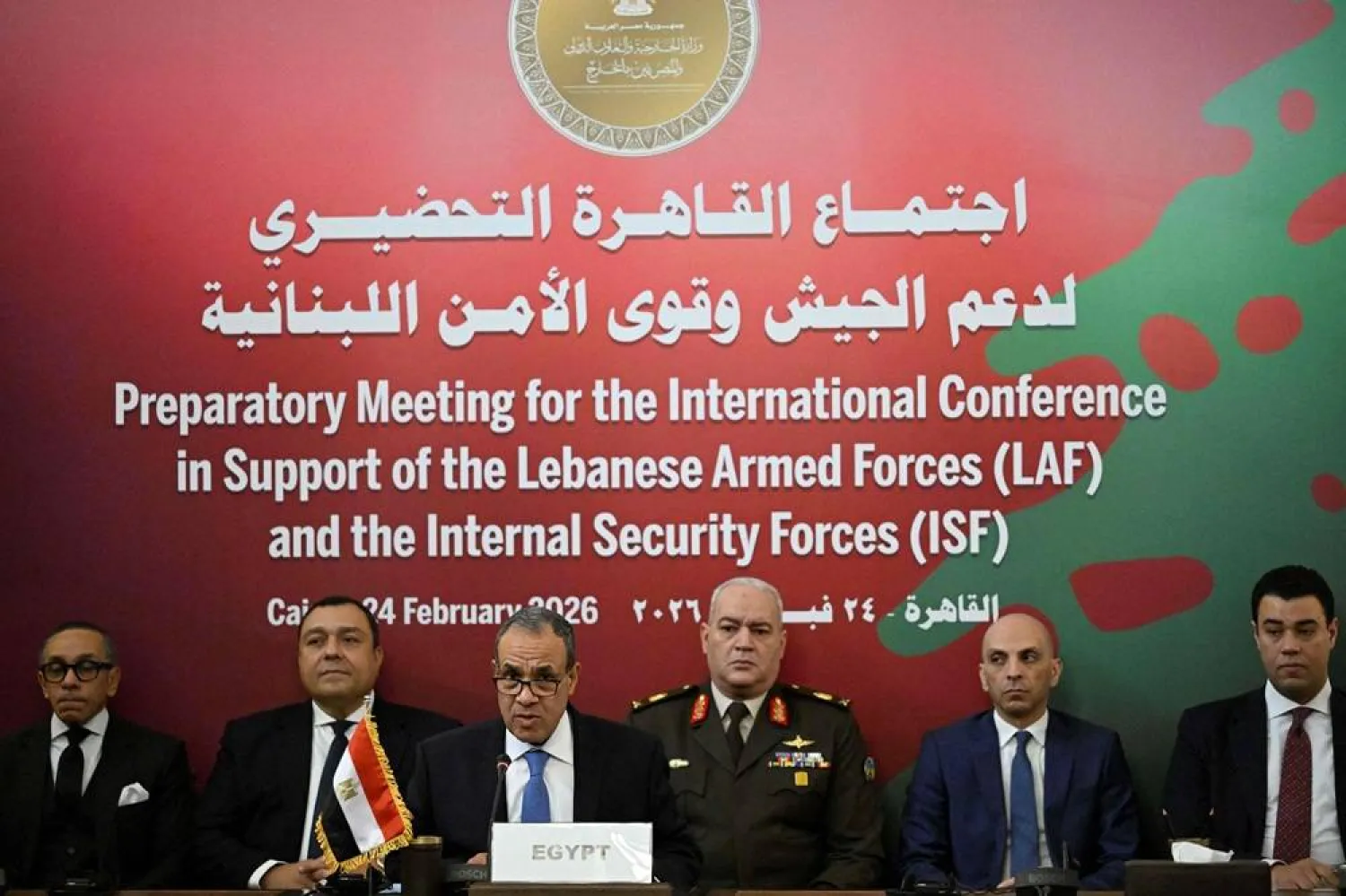The military activity of five Lebanese and Palestinian factions in southern Lebanon has raised concerns in Lebanon over the post-war phase when the country will be confronted with the problem of collecting weapons in possession of so-called resistance factions.
Alarmingly, these groups appear to be in possession of heavy weapons. The Lebanese people already possess light weapons, which are remnants of the 1975-90 civil war, but heavy weapons, such as Katyusha rockets are now in possession of the so-called resistance factions, such as Hezbollah, the Amal movement and Jamaa al-Islamiya and the Palestinian Qassam Brigades – the armed wing of the Hamas movement – and the Islamic Jihad.
Five factions
The factions have not revealed how they were able to come into possession of such arms, but security circles speculated that they were probably smuggled through illegal border crossings and the illegal arms markets that are rampant across the globe.
Hezbollah, meanwhile, has previously declared that it boasts 100,000 fighters and Israel estimates that it possesses some 150,000 rockets. The other armed factions boast around dozens to hundreds of fighters.
Amal has said 17 of its members have been killed since the eruption of the fighting between Hezbollah and Israel in southern Lebanon in October. It has also said that it boasts fighters in “every border village” and that these fighters hail from the villages they are defending against attacks.
The Jamaa al-Islamiya has lost five fighters since the beginning of the war.
As for the Palestinian factions, official Palestinian figures have no tally of the number of fighters or their weapons.
Circles close to the Palestinian Fatah movement have said that they boast dozens of fighters and that their weapons are rockets that used to be in the possession of Palestinian resistance groups that were active in Lebanon.
Delayed discussions
In spite of the alarm over this new phenomenon and questions about how to address it after the war, the issue hasn’t been addressed on the political level, revealed parliamentary sources.
None of the political powers have a vision over how to handle the situation, they said.
Lebanon had previously suffered from the proliferation of arms during the civil war. The issue was resolved through the 1989 Taif Accord that helped end the war. All militias and armed groups, except for Hezbollah, agreed to lay down their arms and hand them over to the army.
Hezbollah kept its weapons because of its role as a resistance group fighting Israel’s then occupation of the South that ended in 2000. The party kept its weapons after the Israeli withdrawal.
Change bloc MP Ibrahim Mneimneh rejected the idea of simply having to accept the possession of weapons outside the authority of the state and justifications for it. He blamed the proliferation of arms on Hezbollah given the arsenal in its possession that has only grown since the Israeli withdrawal.
In remarks to Asharq Al-Awsat, he also blamed the security forces’ “lax” approach in handling the possession of weapons outside state authority for the proliferation of weapons.
Limiting the possession of arms to the state is stipulated in the Lebanese constitution and Taif Accord, he stressed.
Moreover, he warned against attempts by the armed factions to achieve political gains in return for them laying down their arms.
“We reject the use of arms to impose new political equations,” he stressed.









